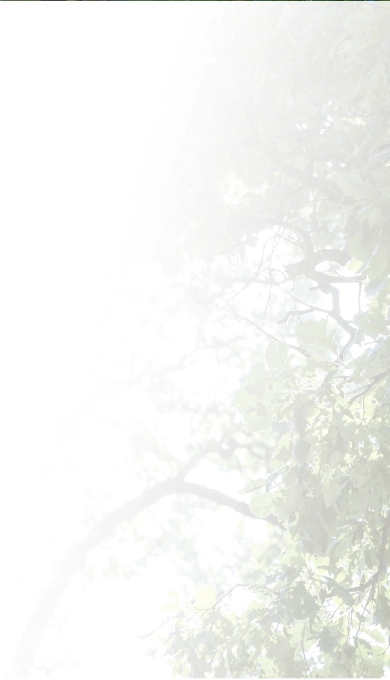How to apply for a Bachelor of Social Work at SAU
Apply to St. Ambrose
Students interested in the BSW program should first apply to St. Ambrose University. Here are the admissions requirements for first-year or transfer students at SAU:
- You must have graduated from an accredited high school or earned a GED.
- You must have a minimum cumulative, unweighted GPA of 2.5.
- You must provide an official high school transcript.
International student requirements
If you live outside of the U.S. there are different requirements for admission to St. Ambrose. Here’s what you’ll need:
- Official transcripts from secondary education
- A minimum 2.5 CGPA out of a 4.0 scale, or equivalent
- Proof of English language proficiency (minimum scores: TOEFL - 79, IELTS - 6.0)
- Copy of your passport and other documentation
Apply now
Fill out the BSW application
Apply to the BSW program
Admitted students fill out a supplemental application to apply to the Bachelor of Social Work program. This application is open to current sophomores and transfer students. High school seniors can also for early admission to the BSW program.
If you have questions about the BSW program or application process, please contact us at bsw@sau.edu or 563-333-3938.
Admission for SAU sophomores or transfer students
Current SAU sophomores and transfer students may apply for Standard admission to the BSW program.
To apply, fill out the BSW Standard Application. Please note that the application does not save; have your personal statement and contact information for a reference ready to attach. Review of applications begins April 1 and continues through July 15. Applications are reviewed in the order received.
Early admission for high school seniors
High achieving high school students interested in securing their place in the BSW program at SAU may apply for Track I consideration.
To apply, fill out the BSW Track I Application after you've been accepted to St. Ambrose. Please note that the application does not save; have your personal statement ready to attach. Review of Track 1 applications will begin April 1.
High school students must earn a minimum cumulative, unweighted GPA of 3.0 to qualify for early admission.









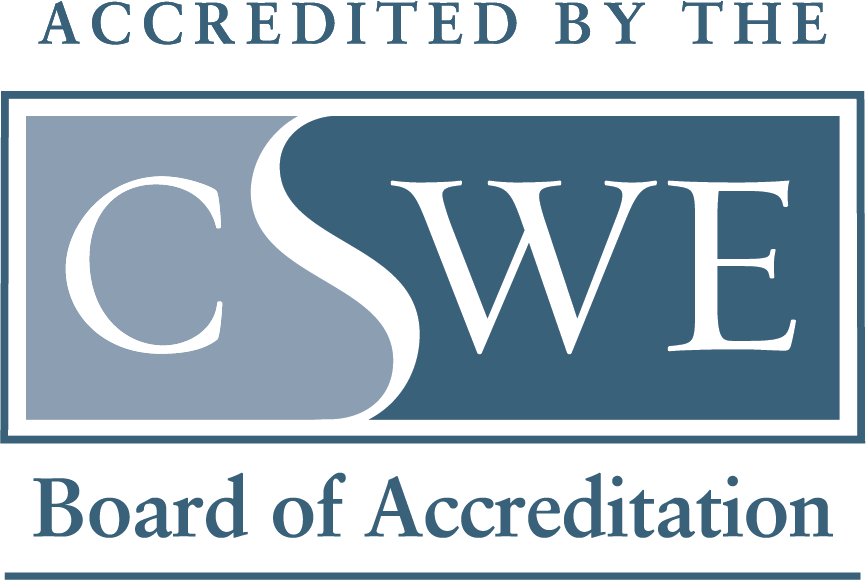
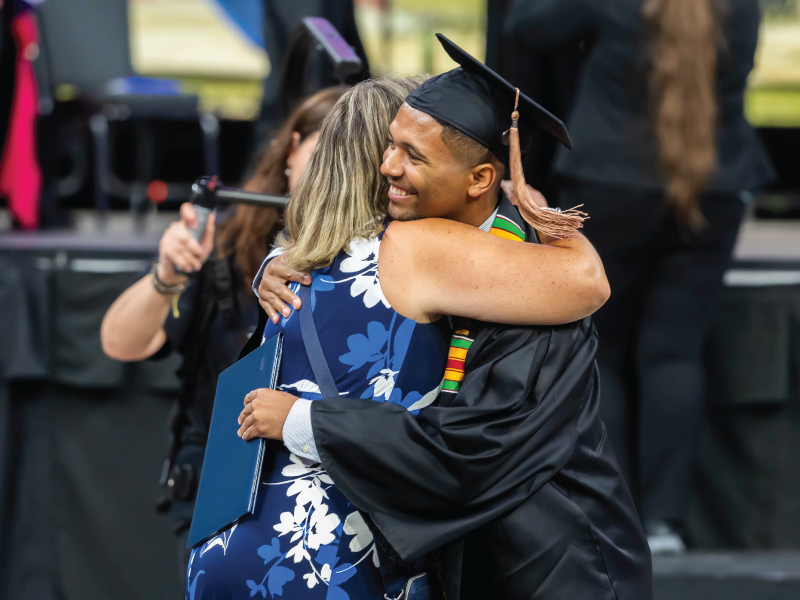
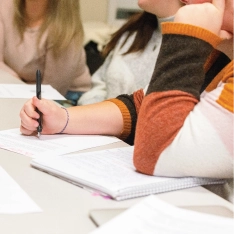
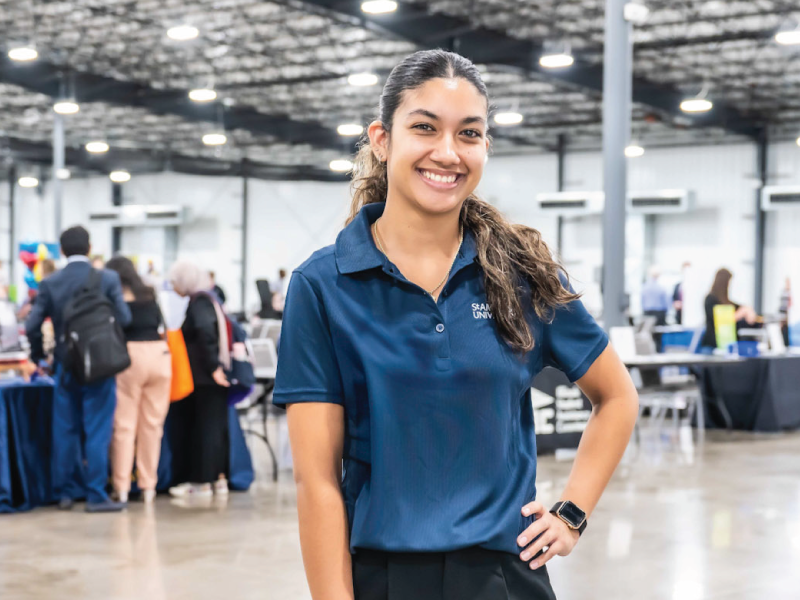

 >
>



